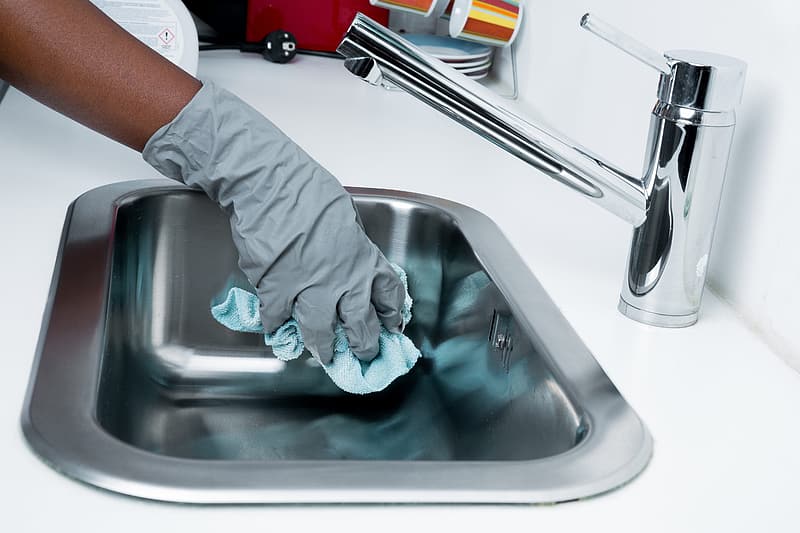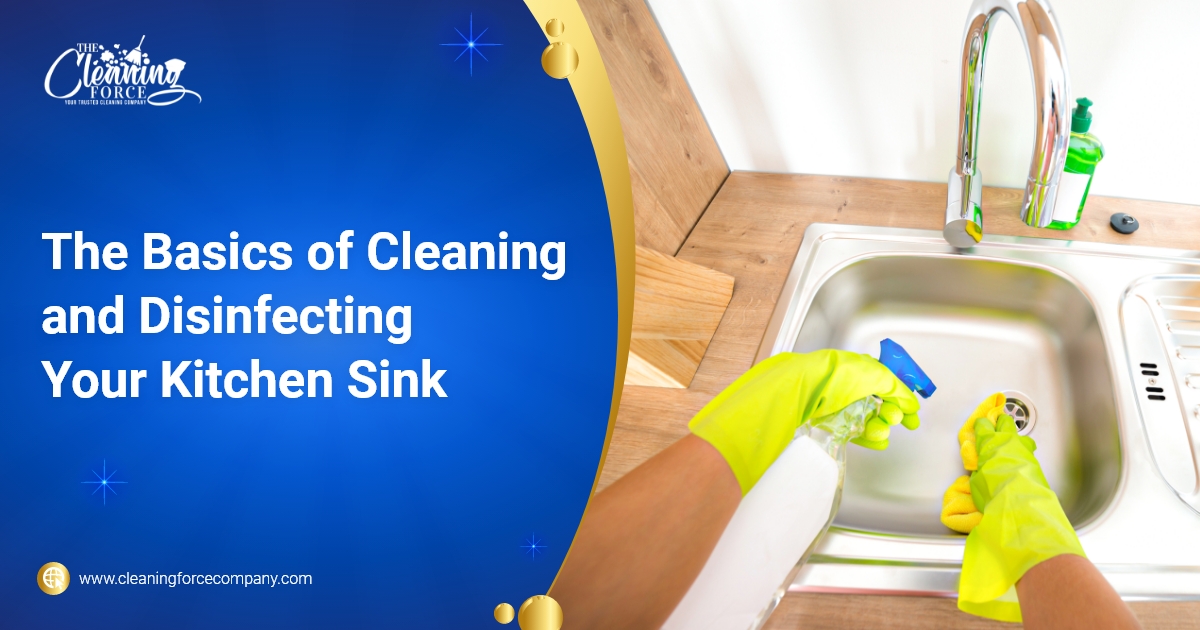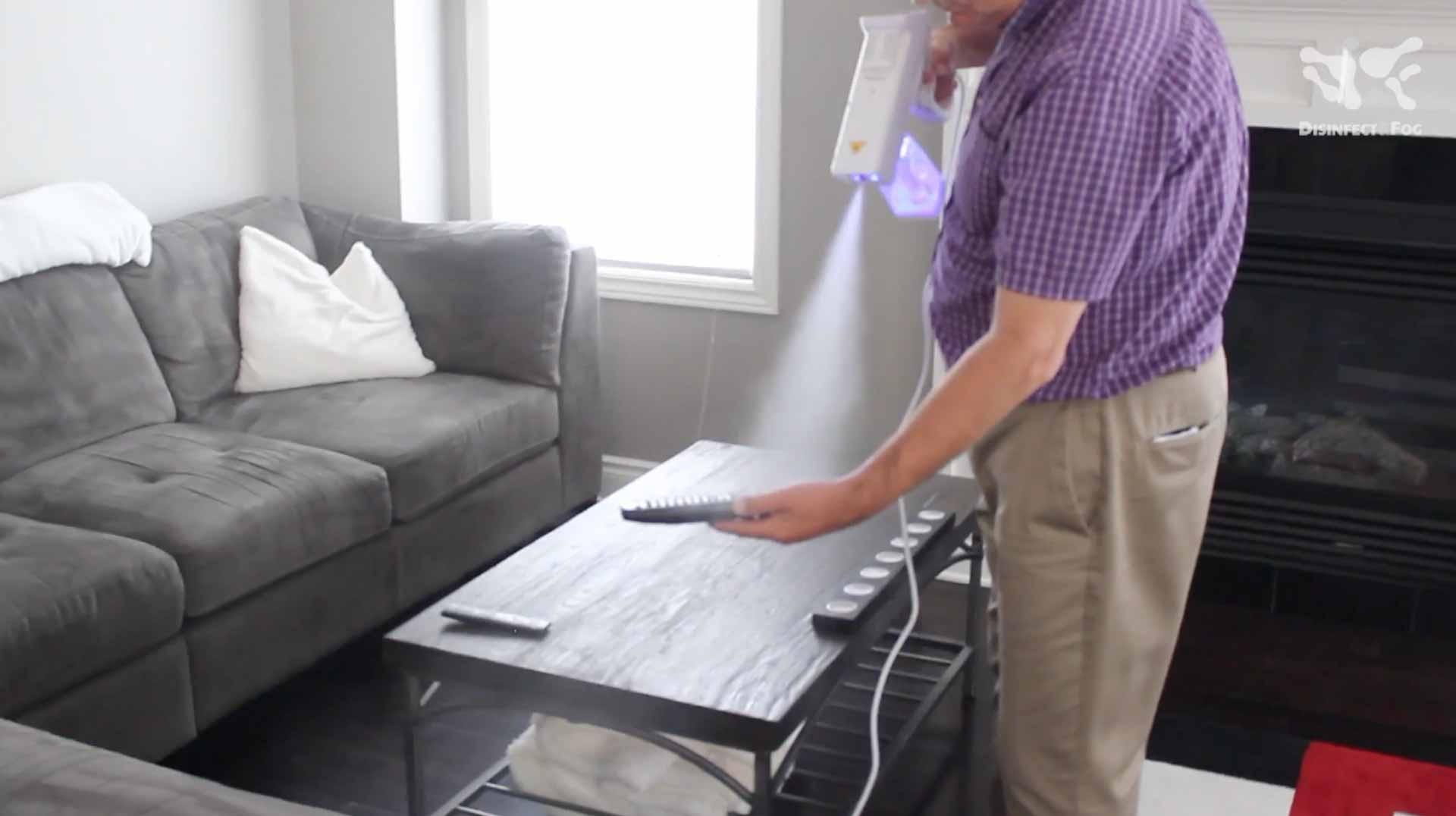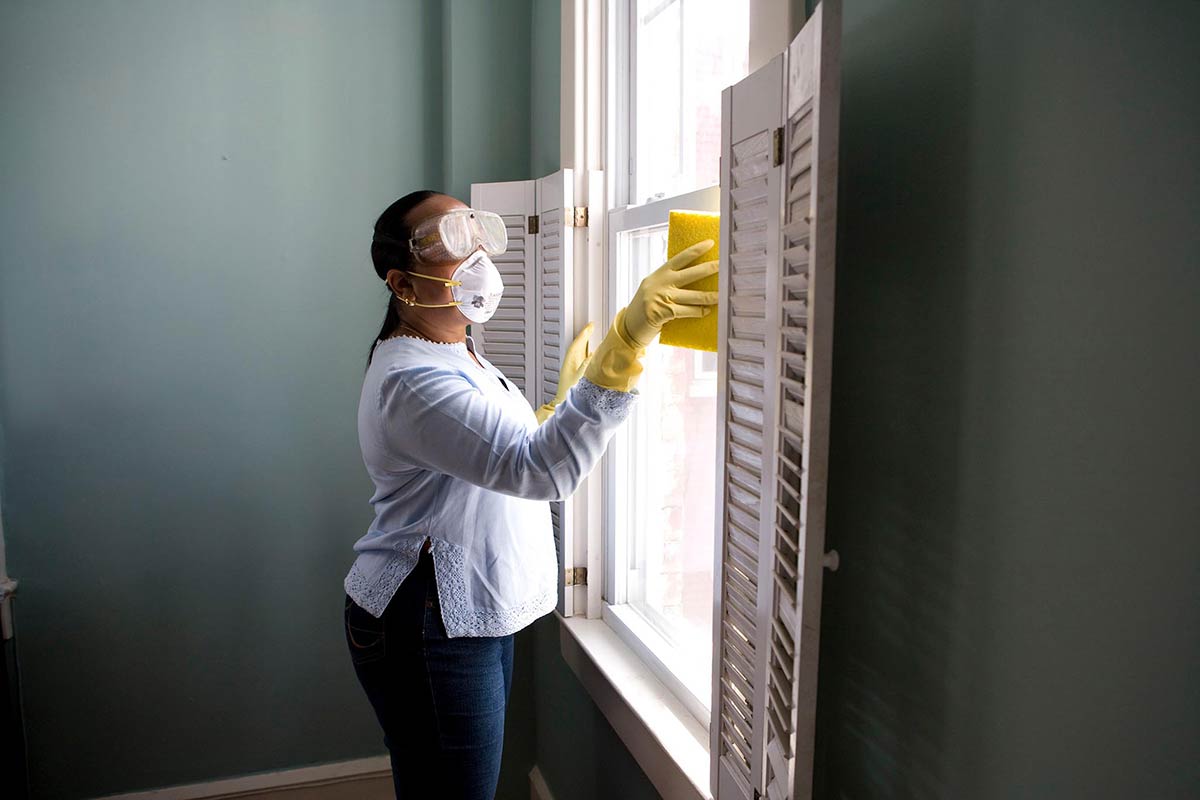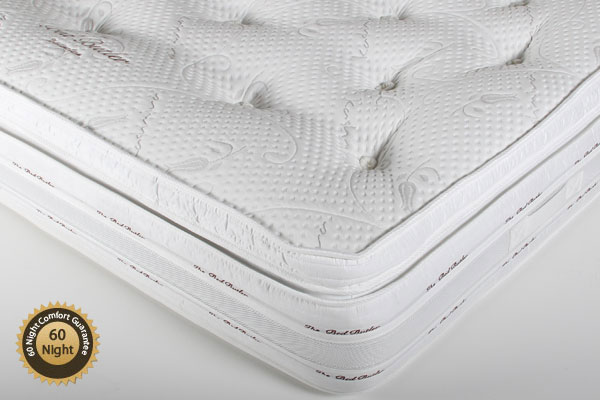How to Disinfect Your Kitchen Sink Drain
Keeping your kitchen sink drain clean and free of germs is essential for maintaining a hygienic kitchen. Regular cleaning and disinfection of your kitchen sink drain can prevent the spread of bacteria and keep your sink smelling fresh. Here are some tips on how to disinfect your kitchen sink drain and keep it clean.
How to Clean and Disinfect Your Kitchen Sink Drain
To effectively disinfect your kitchen sink drain, you will need some basic supplies such as dish soap, baking soda, white vinegar, and hot water. Start by removing any food scraps or debris from the drain and rinse it with hot water. Then, mix equal parts of dish soap and baking soda and pour it down the drain. Let it sit for a few minutes before pouring hot water to flush out the mixture. Next, pour half a cup of white vinegar down the drain and let it sit for 10-15 minutes. Finally, run hot water through the drain again to rinse out the vinegar. This method is effective in removing any buildup and disinfecting your kitchen sink drain.
DIY Disinfectant for Kitchen Sink Drain
If you prefer to use natural products to disinfect your kitchen sink drain, there are several DIY options available. One effective method is to mix equal parts of hydrogen peroxide and water. Pour the mixture down the drain and let it sit for 10-15 minutes before flushing it out with hot water. Hydrogen peroxide is a natural disinfectant and can effectively kill bacteria and germs. Another option is to use a mixture of salt and lemon juice. Sprinkle salt down the drain and pour lemon juice over it. Let it sit for a few minutes before flushing it out with hot water. This method not only disinfects but also helps to eliminate any unpleasant odors.
Best Products to Disinfect Kitchen Sink Drain
If you prefer to use commercial products to disinfect your kitchen sink drain, there are many options available in the market. Look for products that contain ingredients like bleach, ammonia, or hydrogen peroxide, as these are effective in killing bacteria and germs. You can also choose enzyme-based cleaners, which use natural enzymes to break down organic matter and effectively disinfect your drain.
Natural Ways to Disinfect Kitchen Sink Drain
There are many natural ingredients that you can use to disinfect your kitchen sink drain. For example, you can use a mixture of baking soda and lemon juice to create a paste and scrub the drain with it. Baking soda has natural disinfectant properties and can effectively remove any buildup while the citric acid in lemon juice helps to eliminate germs and bacteria. You can also sprinkle a few drops of essential oils like tea tree, peppermint, or eucalyptus down the drain to disinfect and leave a pleasant scent.
Step-by-Step Guide to Disinfect Kitchen Sink Drain
Here is a step-by-step guide to disinfect your kitchen sink drain:
Effective Methods to Disinfect Kitchen Sink Drain
There are many effective methods to disinfect your kitchen sink drain, and the key is to find the one that works best for you. Whether you prefer DIY options or commercial products, regular cleaning and disinfection of your kitchen sink drain are crucial for maintaining a hygienic kitchen. Remember to also clean and disinfect any other areas of your sink, such as the faucet and handles, to prevent the spread of germs.
Homemade Disinfectant for Kitchen Sink Drain
Creating your own homemade disinfectant for your kitchen sink drain is not only cost-effective but also ensures that you know exactly what ingredients are being used. Some popular options include using a mixture of dish soap and baking soda, white vinegar, hydrogen peroxide, or essential oils. You can also experiment with different combinations to find the one that works best for you.
Disinfecting Tips for Kitchen Sink Drain
Here are some additional tips to keep in mind when disinfecting your kitchen sink drain:
How Often Should You Disinfect Your Kitchen Sink Drain?
The frequency of disinfecting your kitchen sink drain will depend on your usage and how often you clean your sink. However, it is recommended to disinfect your drain at least once a week, or more frequently if you use your sink for food preparation or have a garbage disposal. Regular disinfection can help prevent the buildup of bacteria and keep your kitchen sink drain clean and germ-free.
In conclusion, disinfecting your kitchen sink drain is an essential part of maintaining a clean and hygienic kitchen. Whether you choose to use natural methods or commercial products, regular cleaning and disinfection can help prevent the spread of germs and keep your sink smelling fresh. Remember to also follow proper cleaning practices and clean your sink regularly to maintain a healthy and safe kitchen environment.
The Importance of Disinfecting Your Kitchen Sink Drain for a Clean and Healthy Home

Keeping Your Kitchen Sink Drain Clean
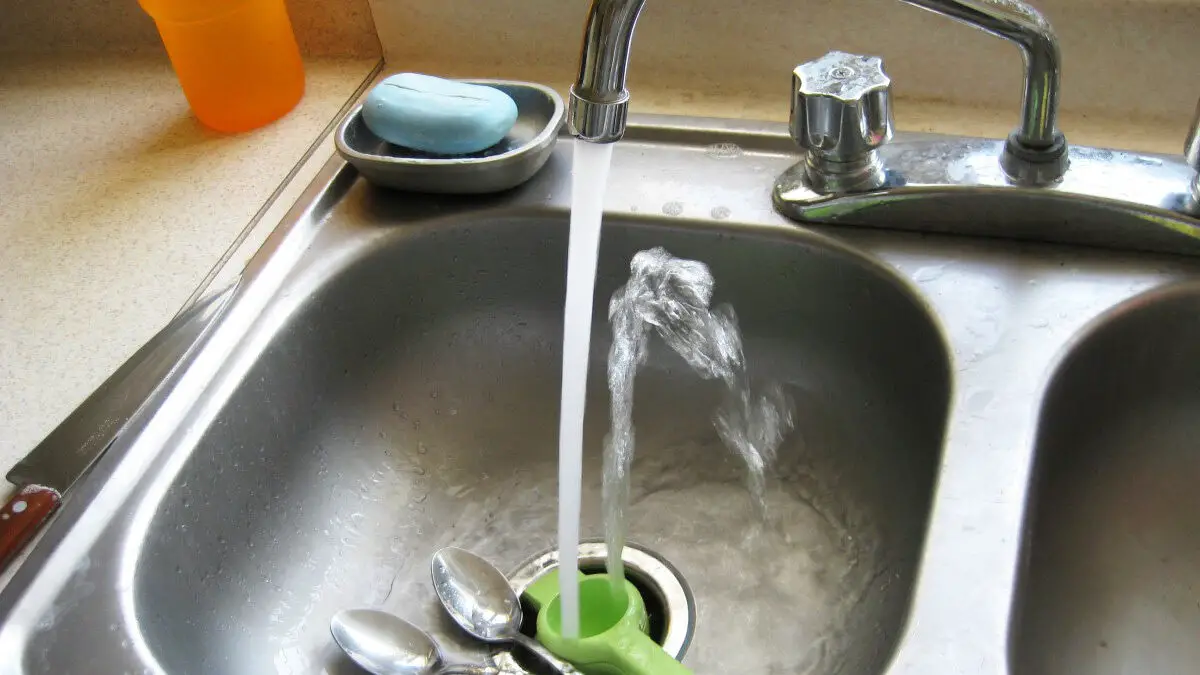 When it comes to maintaining a clean and hygienic home, one area that often gets overlooked is the kitchen sink drain. It's easy to forget about this small but important part of our kitchen, but neglecting to properly clean and disinfect it can lead to a buildup of harmful bacteria and unpleasant odors. In this article, we will discuss the importance of regular
disinfecting
your
kitchen sink drain
and how to do it effectively.
When it comes to maintaining a clean and hygienic home, one area that often gets overlooked is the kitchen sink drain. It's easy to forget about this small but important part of our kitchen, but neglecting to properly clean and disinfect it can lead to a buildup of harmful bacteria and unpleasant odors. In this article, we will discuss the importance of regular
disinfecting
your
kitchen sink drain
and how to do it effectively.
Why You Should Disinfect Your Kitchen Sink Drain
 The kitchen sink is a high-traffic area in most households, used for washing dishes, preparing food, and even disposing of food waste. As a result, it can quickly become a breeding ground for bacteria, mold, and other germs. These can then spread to your dishes, utensils, and even your hands, potentially causing illnesses and infections.
Furthermore, food scraps and grease can also accumulate in the drain, leading to clogs and unpleasant odors. These can also attract pests such as flies and rodents, making your kitchen an unhygienic and unwelcome place.
The kitchen sink is a high-traffic area in most households, used for washing dishes, preparing food, and even disposing of food waste. As a result, it can quickly become a breeding ground for bacteria, mold, and other germs. These can then spread to your dishes, utensils, and even your hands, potentially causing illnesses and infections.
Furthermore, food scraps and grease can also accumulate in the drain, leading to clogs and unpleasant odors. These can also attract pests such as flies and rodents, making your kitchen an unhygienic and unwelcome place.
How to Properly Disinfect Your Kitchen Sink Drain
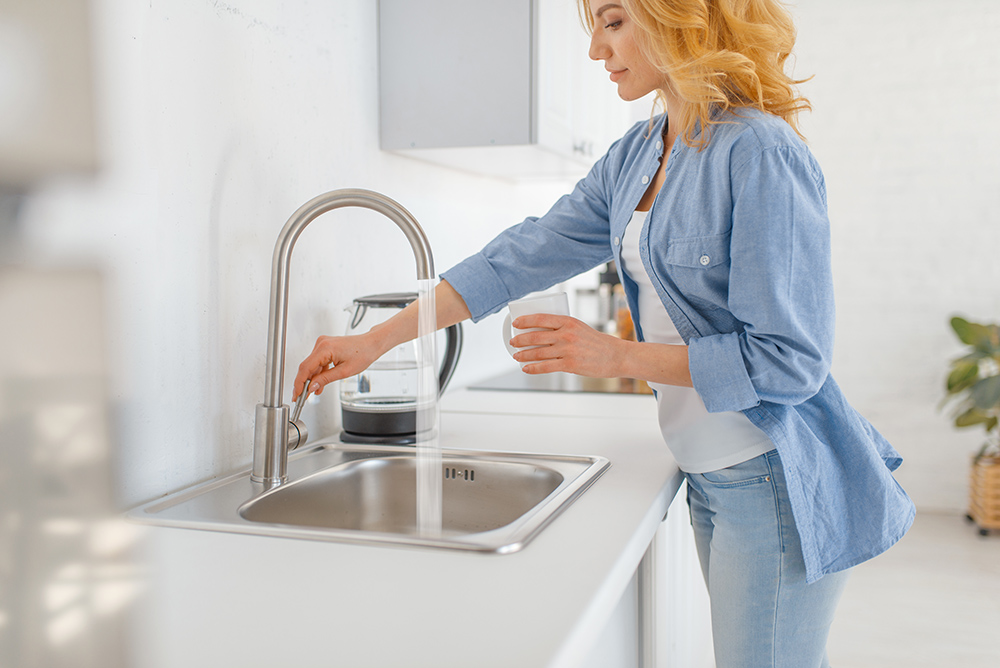 Thankfully, keeping your kitchen sink drain clean and free of harmful bacteria is a simple task. The first step is to remove any visible debris, such as food scraps or hair, from the drain. You can use a pair of gloves and a drain brush to do this effectively.
Next, mix equal parts of
white vinegar
and
baking soda
and pour it down the drain. Let it sit for a few minutes to allow the mixture to work its magic. The acidic nature of vinegar helps to break down any buildup and kill bacteria, while the baking soda helps to deodorize the drain.
After a few minutes, pour boiling water down the drain to flush out any remaining debris and bacteria. You can also use a commercial
drain cleaner
for a more thorough clean.
Thankfully, keeping your kitchen sink drain clean and free of harmful bacteria is a simple task. The first step is to remove any visible debris, such as food scraps or hair, from the drain. You can use a pair of gloves and a drain brush to do this effectively.
Next, mix equal parts of
white vinegar
and
baking soda
and pour it down the drain. Let it sit for a few minutes to allow the mixture to work its magic. The acidic nature of vinegar helps to break down any buildup and kill bacteria, while the baking soda helps to deodorize the drain.
After a few minutes, pour boiling water down the drain to flush out any remaining debris and bacteria. You can also use a commercial
drain cleaner
for a more thorough clean.
Maintaining a Clean and Healthy Home
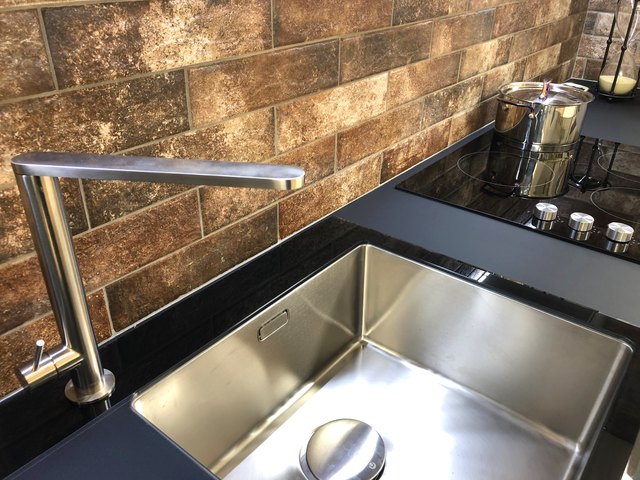 Regularly disinfecting your kitchen sink drain is just one small step towards maintaining a clean and healthy home. It is also essential to wipe down your sink and countertops with an antibacterial cleaner, wash your dishcloths and sponges regularly, and make sure to dispose of food waste properly.
By incorporating these simple habits into your cleaning routine, you can ensure that your kitchen remains a safe and hygienic environment for you and your family.
In conclusion, don't overlook the importance of disinfecting your kitchen sink drain. A clean and healthy home starts with a clean kitchen, and by following these simple steps, you can keep your kitchen sink drain free of harmful bacteria and odors. Remember to make this a regular part of your cleaning routine for a happy and healthy home.
Regularly disinfecting your kitchen sink drain is just one small step towards maintaining a clean and healthy home. It is also essential to wipe down your sink and countertops with an antibacterial cleaner, wash your dishcloths and sponges regularly, and make sure to dispose of food waste properly.
By incorporating these simple habits into your cleaning routine, you can ensure that your kitchen remains a safe and hygienic environment for you and your family.
In conclusion, don't overlook the importance of disinfecting your kitchen sink drain. A clean and healthy home starts with a clean kitchen, and by following these simple steps, you can keep your kitchen sink drain free of harmful bacteria and odors. Remember to make this a regular part of your cleaning routine for a happy and healthy home.









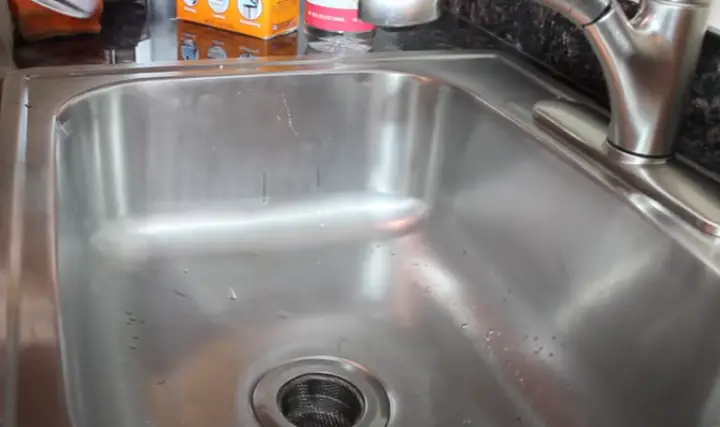



:max_bytes(150000):strip_icc()/freshen-and-unclog-drain-with-baking-soda-1900466-22-bbf940b70afa4d5abef0c54da23b1d3f.jpg)















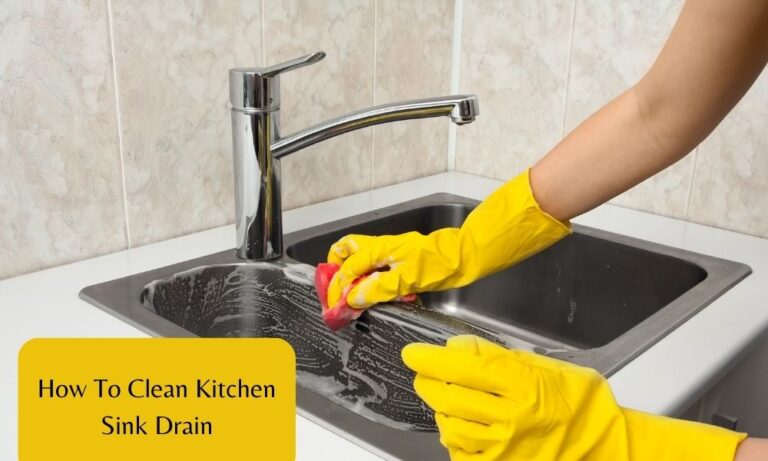




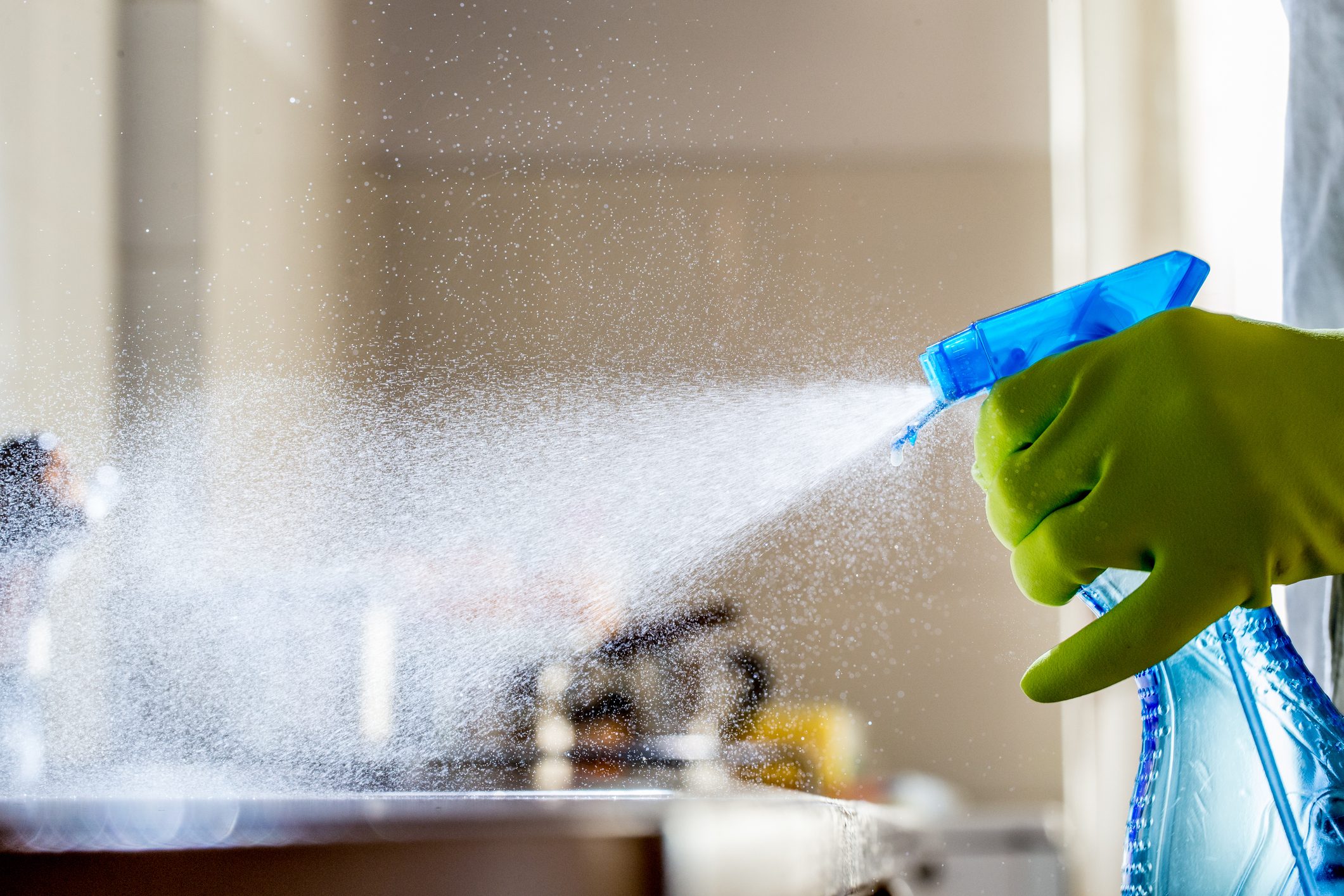





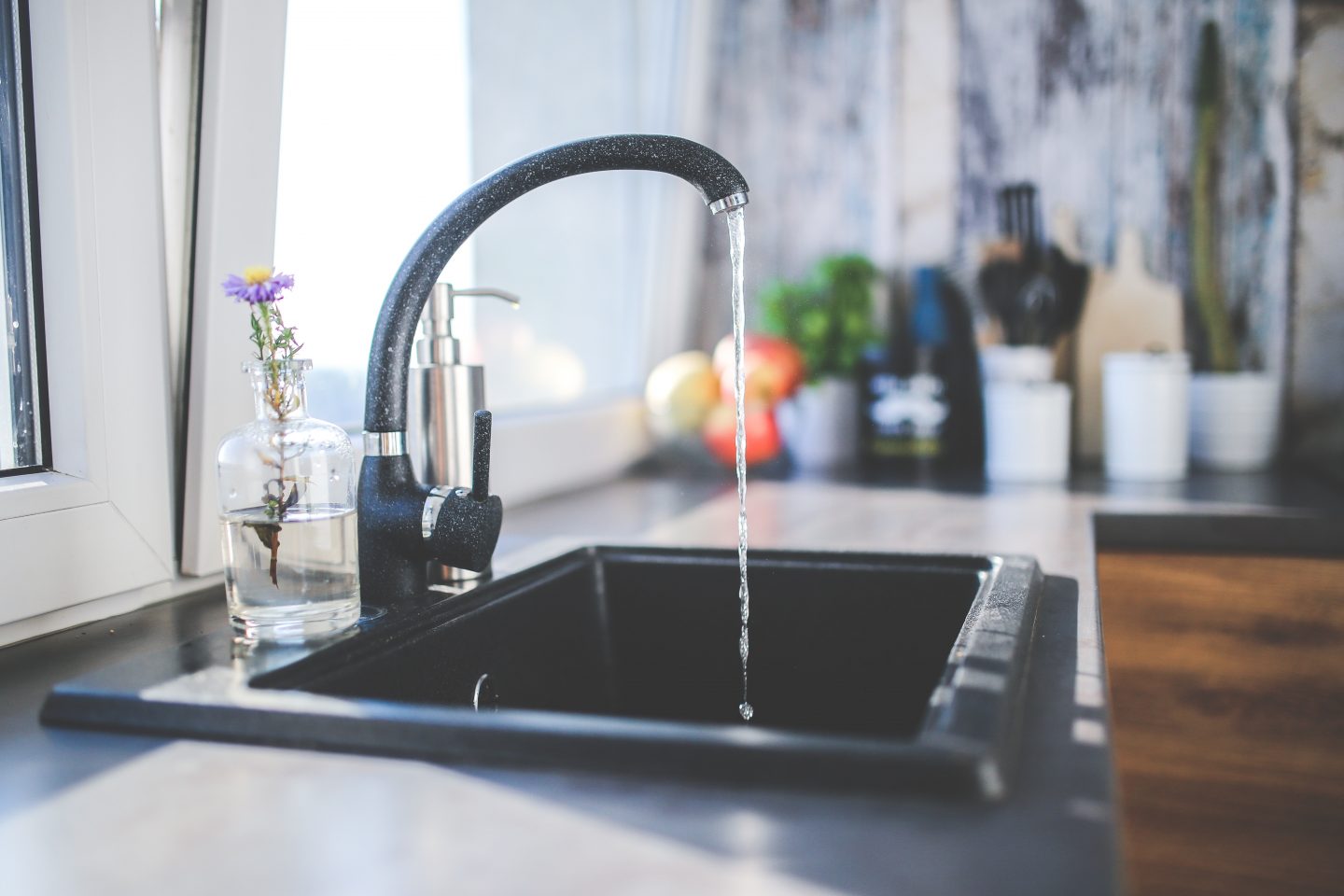

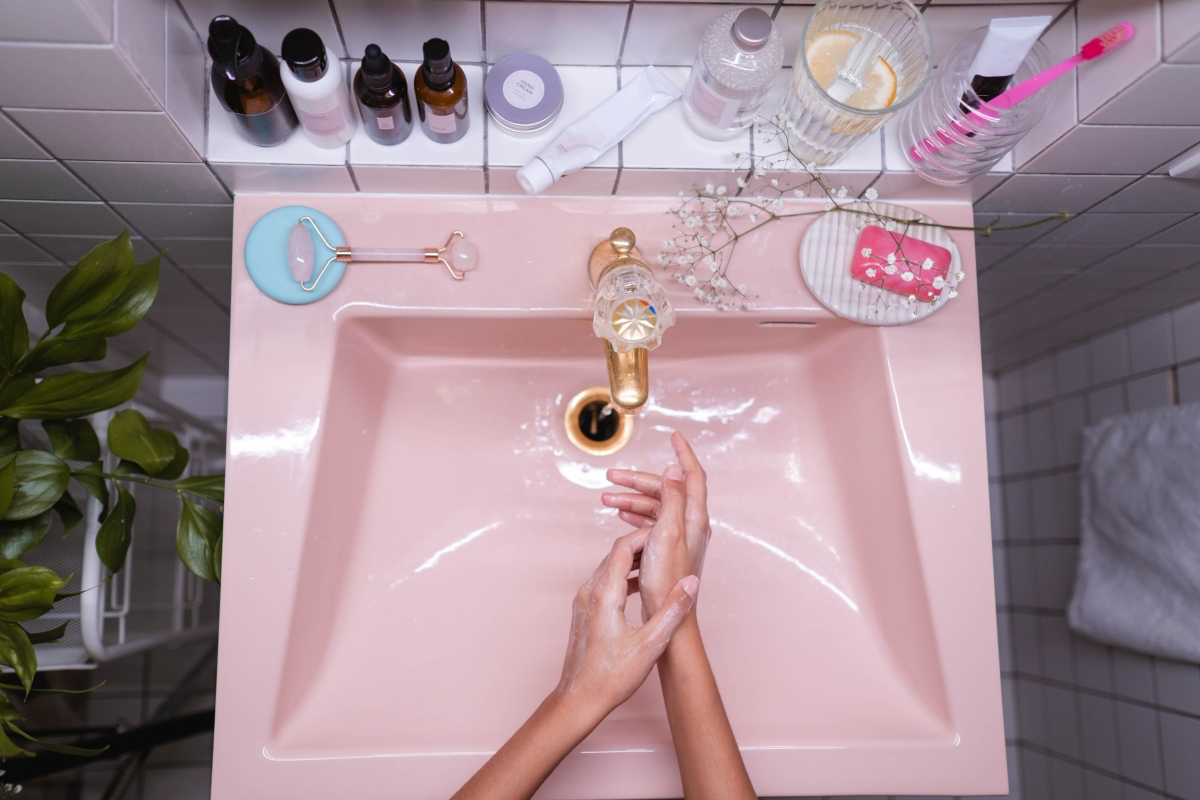





:max_bytes(150000):strip_icc()/how-to-install-a-sink-drain-2718789-hero-24e898006ed94c9593a2a268b57989a3.jpg)
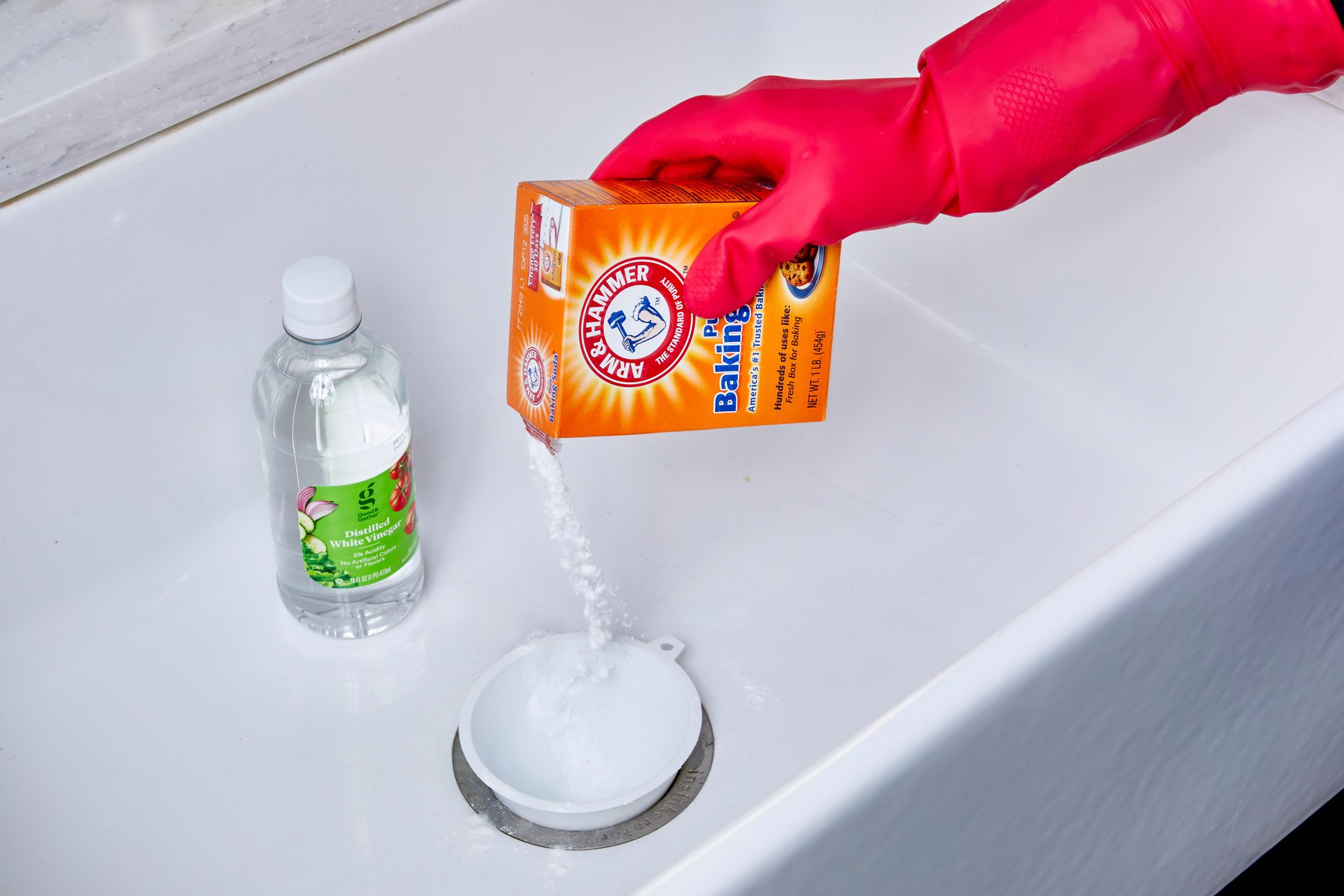



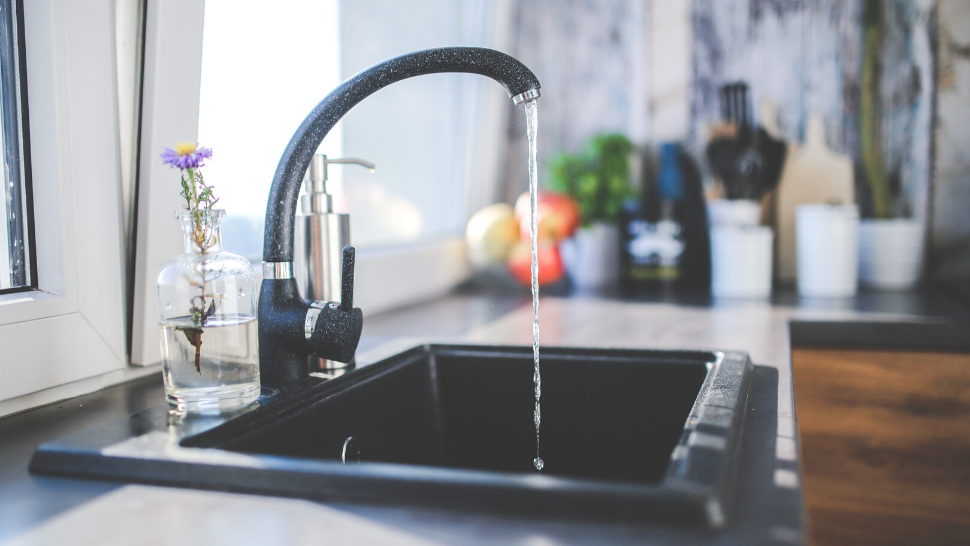








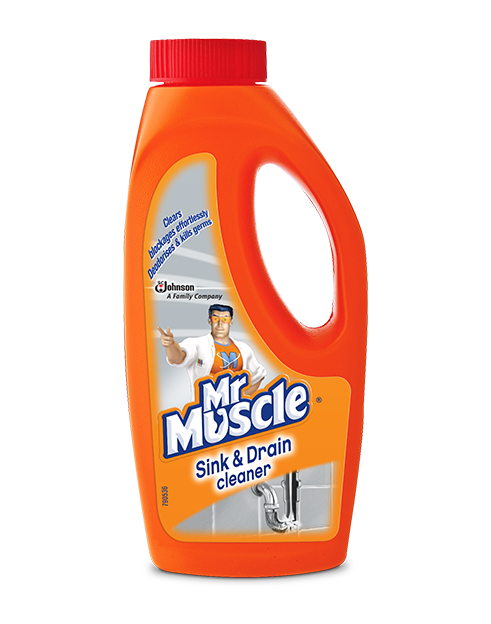


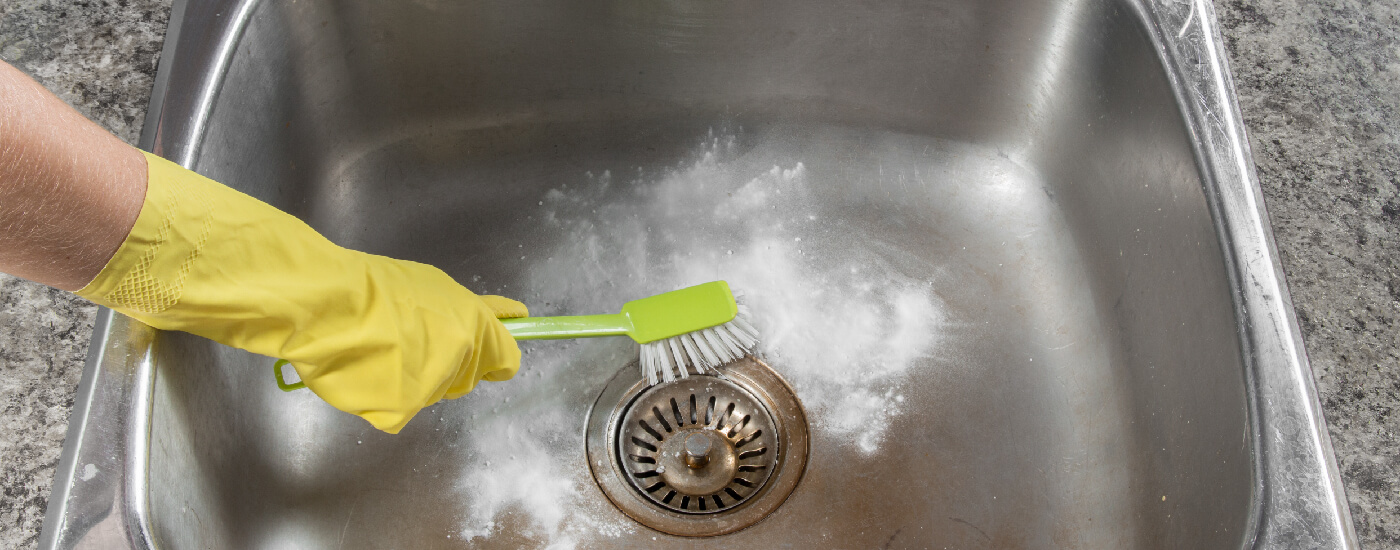

/how-to-install-a-sink-drain-2718789-hero-24e898006ed94c9593a2a268b57989a3.jpg)
